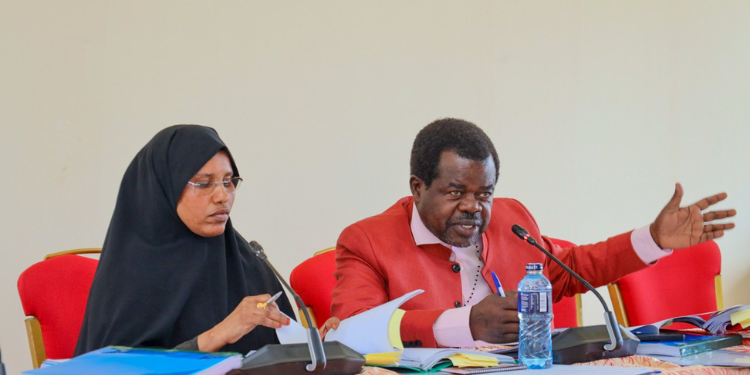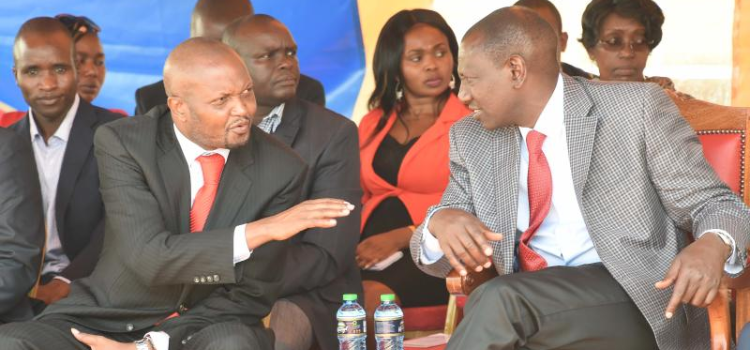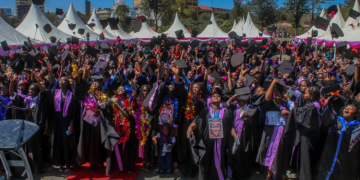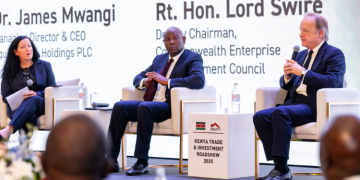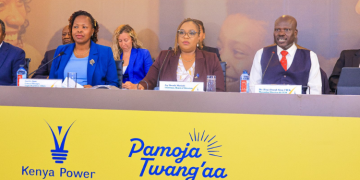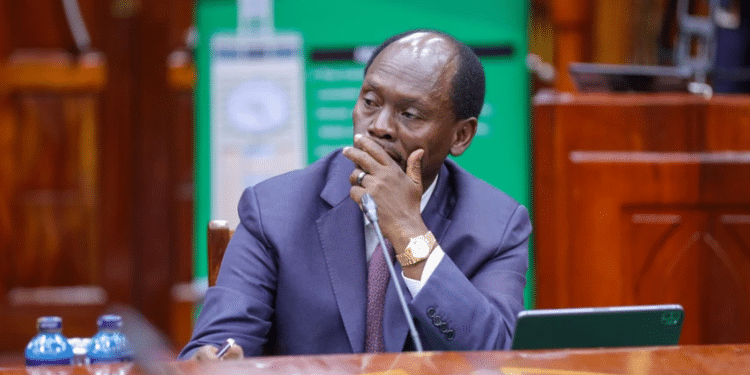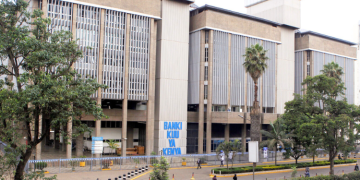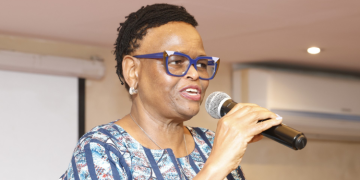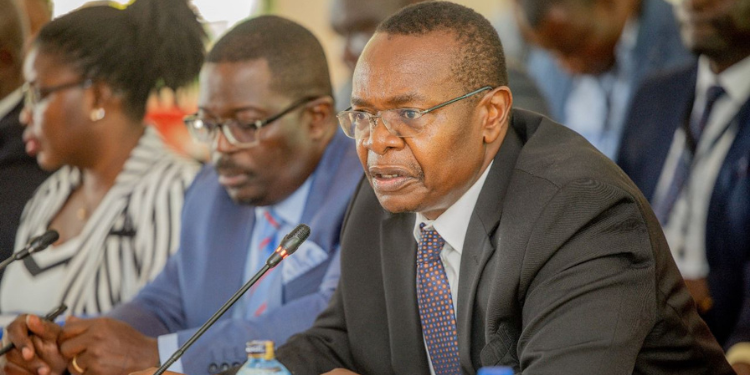Busia County has announced a comprehensive strategy to settle Ksh2.6 billion in pending bills by the end of the 2026/2027 financial year.
The announcement came during a tense session of the Senate Standing Committee on Finance and Budget, held in Busia Town under the Senate Mashinani initiative.
Pressure from the Senate
Governor Paul Otuoma faced intense scrutiny from Senators, led by Vice Chairperson Tabitha Mutinda, who demanded clarity on why the bills had remained unpaid for three consecutive financial years.
“Tell us directly how you’re planning to clear the Kshs2.6 billion pending bills. Why haven’t you paid these bills in the last three financial years, which you now say you will pay?” Senator Mutinda asked.
In response, Governor Otuoma outlined a two-pronged approach:
- In the FY 2025/2026, 30% of the county’s budget (Ksh781 million) will be allocated to pending bills, supplemented by Ksh520 million through a supplementary budget. This totals Ksh1.3 billion.
- In FY 2026/2027, the same formula will be applied, with an additional Ksh781 million from the main budget and Ksh520 million from a supplementary allocation, aimed at clearing the remaining balance.
Otuoma added that only Ksh600 million was initially deemed eligible for payment, and that a special implementation committee has been formed to vet other claims, especially those lacking documentation.
No New Projects for Busia County
Governor Otuoma emphasized that the county would halt new development projects until the pending bills are cleared.
“This plan is the result of hard decisions and extensive consultations. One of the hardest decisions I had to make was to stop initiating new projects and clear the pending bills before we can begin new programs,” Oruoma told the Senators.
He also committed to improving internal revenue collection, citing underperformance as a key contributor to the debt crisis.
“If we continue to underperform in revenue collection, we will continue to incur additional spending bills.”
Senators Demand Transparency and Equity
Despite the governor’s assurances, Busia Senator Okiya Omtatah raised concerns over the payment criteria.
He accused the county of favouring recent debts over older ones.
Omtatah suggested that the process was being manipulated, allowing officials to settle new bills while older ones languish.
“It disturbs me that you do not have clear and objective criteria for paying these pending bills. You can choose who to pay and who not to pay.”
He called for a transparent and equitable payment framework to ensure fairness.
Senators Mohamed Faki (Mombasa), Mariam Omar (Nominated), and Esther Okenyuri (Nominated) also attended the session, with Omtatah participating as a friend of the committee.
Broader Oversight and Development Concerns
The Senate Mashinani program in Busia also addressed stalled infrastructure projects, including the Mundika and Malaba trailer parks and the Busia Stadium.
Omtatah highlighted that the trailer parks, if operational, could generate up to Ksh720 million annually.
He urged the Senate Roads and Transport Committee to audit budget allocations and procurement records for these projects.
The Busia Stadium, a Ksh600 million project, has shown little progress and was vandalized during the 2023 protests.
Also Read: Last Call Ex-KDF Soldier Made to Family Before Being Deployed to Frontline in Russia
Governor Otuoma’s administration has proposed relocating it to expand the county referral hospital, a move Omtatah insists should only proceed after a full audit.
Debts by Kenyan Counties
As of mid-2025, Kenyan counties collectively owed suppliers and contractors over Ksh176 billion in pending bills.
This financial strain has been a major concern for both local governments and national oversight bodies.
Nairobi leads by a wide margin, with pending bills totaling Ksh86.77 billion.
Also Read: KRA Unveils Stationless PIN Service to Revolutionize Taxpayer Experience
These debts stem from both development and recurrent expenditures and have been accumulating over several financial years.
Kiambu follows with Ksh7.89 billion in pending bills and has faced criticism over stalled projects and delayed payments to suppliers.
The Controller of Budget has stated that counties must prioritize debt repayment using the first-in-first-out principle and avoid making new financial commitments without clearing existing obligations.
Follow our WhatsApp Channel and X Account for real-time news updates.
